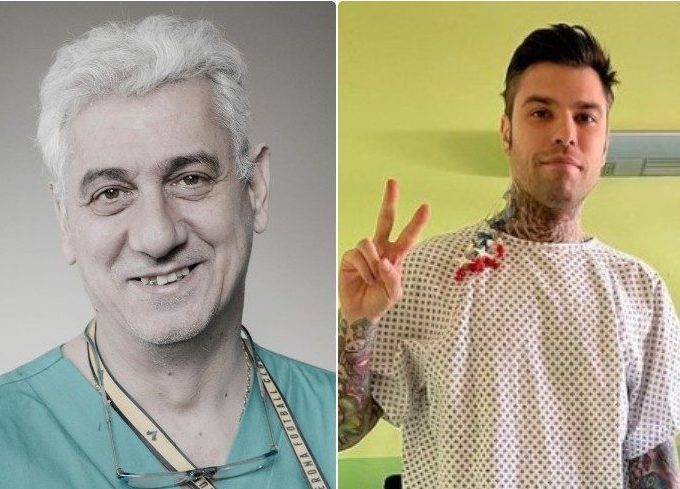Fedez last week I found out that I have a rare neuroendocrine tumor of the pancreas. The surgeon who operated on him, Professor Massimo Falconi of the San Raffaele Hospital in Milan, explained how many life chances are linked to this type of tumor, how it is discovered and how it can be treated once discovered.
–
–
Fedez last week i found out i have a rare neuroendocrine tumor of the pancreas, which forced him to undergo surgery that lasted 6 hours. The surgeon who operated on him, the professor Massimo Falconi, director of the Pancreas Center of the Irccs (Institute of Hospitalization and Scientific Care) San Raffaele Hospital in Milan, he gave two interviews, one to Corriere del Veneto and the other to La Stampa, in which he explained how many possibilities of life are related to this type of cancer, as it turns out e how can you cure it once discovered.
Difference between pancreatic ductal adenocarcinoma and neuroendocrine tumors
“I work for the people and not for the characters and Fedez is primarily a person. I can’t say anything about his health, but don’t worry, he’ll post the follow-up“, thus begins, with an almost necessary clarification, the interview of Professor Falconi at Corriere del Veneto. It then continues with the passage fundamental (and reassuring) regarding the alarm generated by the announcement of Fedez and the concern deriving from the lack of information on life chances left him at only 32 years old:
Not all pancreatic cancers are associated with a poor prognosis. It does not necessarily mean having a death sentence, but also a hope of recovery. Neuroendocrine tumors, if we discover them to be small, and today the high definition methods are able to identify them at an early stage, can be cured.

–
The difference between neuroendocrine tumors and those that leave no hope? “The most numerous and unfortunately more aggressive are pancreatic ductal adenocarcinoma, which mainly affect between the sixth and seventh decade of life. While neuroendocrine tumors have a different evolution. We do not know the causes of their development, for 10% of cases we know that they are associated with genetic alteration, while for 90% they are sporadic forms. The diffuse neuroendocrine system is present throughout our organism and from these cells tumors can arise first of all in the gastro-pancreatic system and in the abdominal organs and secondly also in the lungs and bronchi “.
Fedez: “I have a neuroendocrine tumor of the pancreas”, the first photos after the operation
–
–
The silent symptomatology of pancreatic cancer: how to find out in order to intervene
The real problem is this type of cancer they have no obvious symptomsremaining so silent until the diagnosis, that it is not certain that it will always arrive in time: “It may have clutter-related disturbances, such as the sensation of a palpable mass. Many times the discovery is accidental: the patient has gone for an ultrasound or a CT scan and a small lesion is identified“. Where, however, the neoplasm is detected early and there are no widespread metastases“you can intervene immediately with the surgical removal. Otherwise there are many effective treatments today “.
Chances of recovery and cases in which chemo and radiotherapy are recommended
To conclude, La Stampa opens up on the high chances of healing, especially if it was possible to intervene surgically, removing the mass and allowing the cycle of treatments: “80% of these cancers are not as aggressive as the more common ones involving the same type of organs. The likelihood of healing depends on whether radical surgery can be performed. If it is possible and the tumor was discovered in time, when it is still localized, the cure rate is very high“. Obviously, in case of severe forms or the presence of metastases:”one is required systemic anticancer therapy with radiotherapy and drugs“.
–


